T4K3.news
Instagram Maps Under Scrutiny
The new Maps feature prompts questions about location data and user consent on Instagram.

A new Instagram Maps feature prompts questions about who sees location data and how clearly consent is explained.
Instagram Maps prompts privacy concerns amid opt-in claim
Instagram rolled out Maps this week. Meta says location sharing is opt-in and visible only to friends or a subset. The map is not obvious at first glance, and locating it requires tapping the messages button in the top right. Some posts with tagged locations appear on the map, a detail that has fueled confusion about who can see what.
User reactions range from concern to questions about how the feature works. Instagram and Threads chiefs have defended the change while acknowledging questions. The rollout remains opt-in, but the public debate shows how quickly privacy fears can spread on social media. The feature invites comparisons with rival tools and reflects a broader push to add location features across platforms.
Key Takeaways
"Location sharing is opt-in only."
Meta’s stated policy on the feature
"The map isn’t obvious at first glance."
Initial user interface reception
"People distrust Meta and worry about doxxing."
Public reaction to the feature
The episode exposes a design and communication challenge for big platforms. A tool meant to connect friends becomes a source of fear when people misinterpret what data is shared. Clear messaging and visible controls matter as much as the feature itself.
Looking ahead, regulators and users will watch how Meta explains consent and boundaries. If Meta can make the opt-in nature undeniable and the interface clearer, it could turn a misstep into a model for privacy aware features. If not, it risks further erosion of trust and more scrutiny.
Highlights
- Location sharing is opt-in only.
- The map isn’t obvious at first glance.
- People distrust Meta and worry about doxxing.
- Trust in Meta remains a volatile issue.
Privacy concerns surround location sharing feature
Public reaction shows confusion about whether location data is shared and who can see it. The feature may expose users to doxxing risks if misunderstood. UI and messaging gaps increase potential backlash and regulatory scrutiny.
Clear explanations and stronger controls will determine whether this feature helps reconnect users or fuels distrust.
Enjoyed this? Let your friends know!
Related News
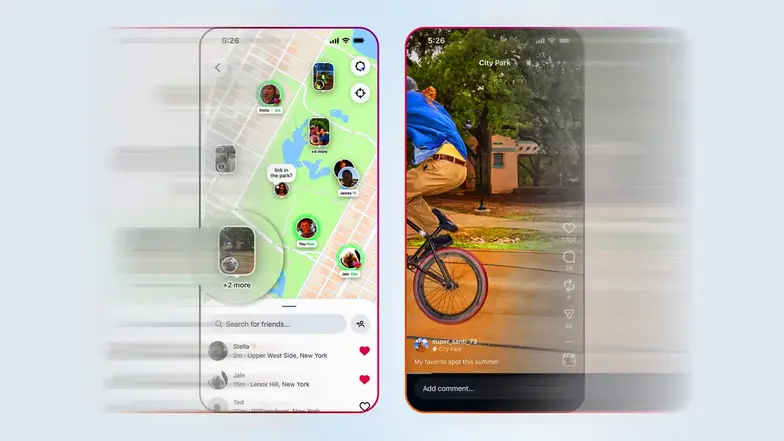
Instagram Map feature raises privacy concerns

Stanford reveals quitting Instagram can enhance happiness
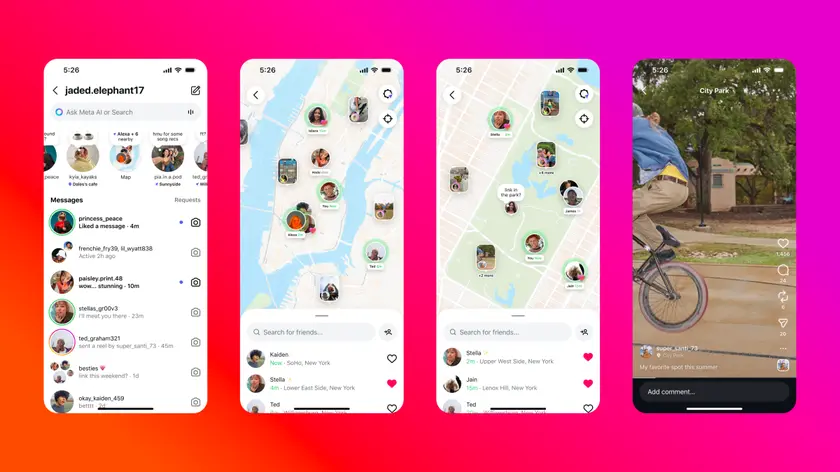
Instagram launches new Map feature
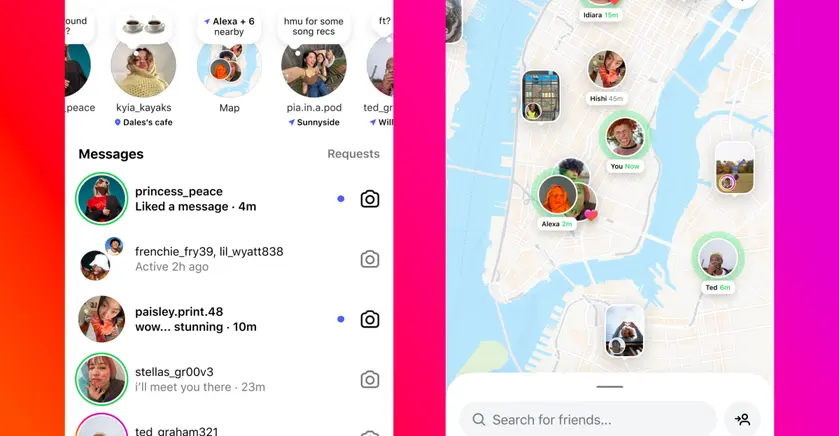
Instagram Map launches with privacy concerns
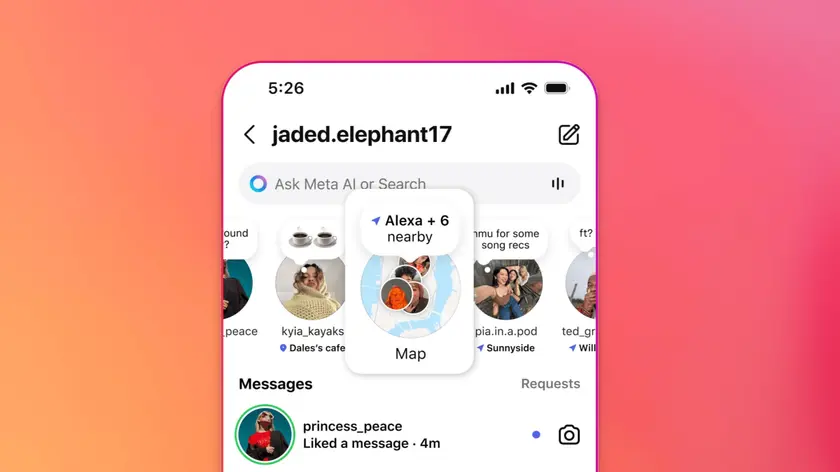
Instagram Launches Repost Feature and Interactive Map
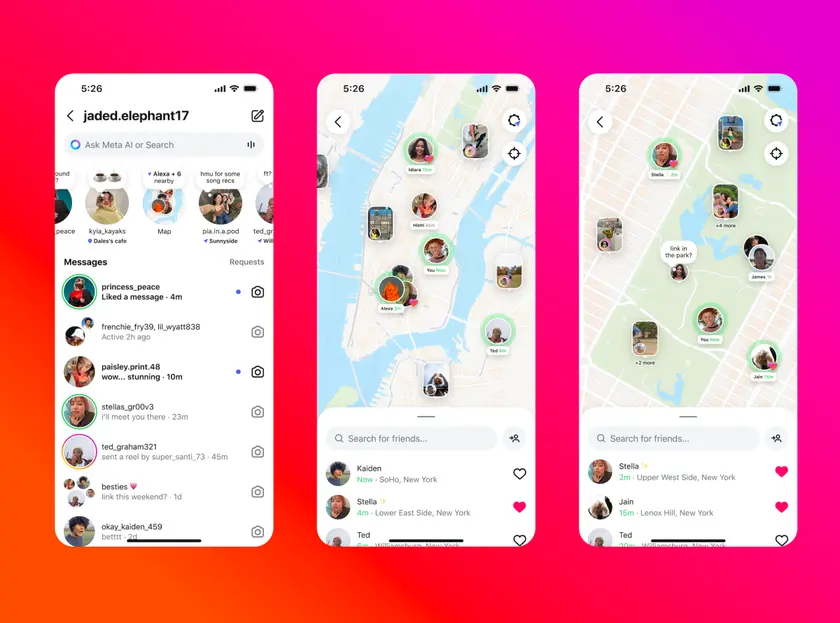
Instagram Map privacy raises questions

Instagram Maps privacy check

Instagram expands map and Friends Reels despite privacy concerns
